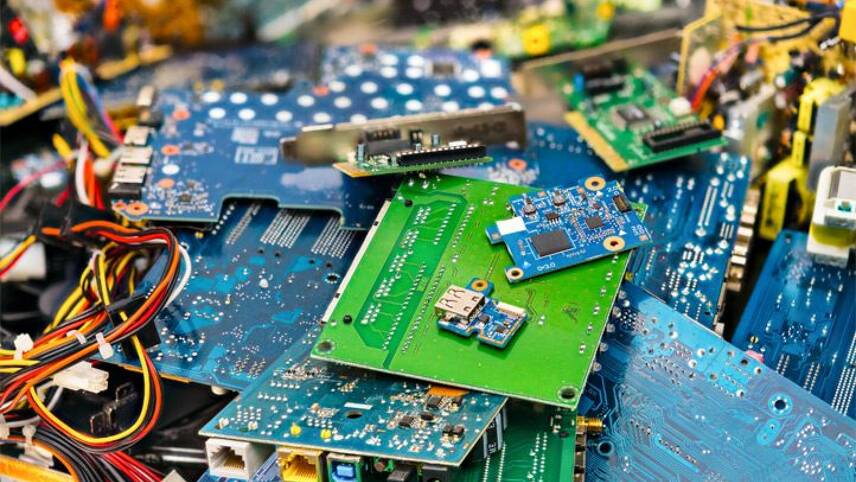Register for free and continue reading
Join our growing army of changemakers and get unlimited access to our premium content

The facility, based in Cheshire, is being delivered by New-Zealand-based startup Mint Innovation. While traditional methods of extracting metals from mixed waste use cyanide, Mint has developed a process that uses bacteria and water-based solutions, combining hydrometallurgy and biotechnology.
The process involves grinding feedstocks into a fine, sand-like powder, before placing the material into a sealed unit where base metals can be extracted using a chemical leaching process. The metals contained in the remaining material are then precious metals only, so the remaining material can undergo electrolysis.
“The plants are very agricultural, more like a small microbrewery,” Mint Innovation’s chief scientific officer Ollie Crush told The Guardian.
“We offer the same yield as the big smelters, the same level of service and quicker. But unlike the smelters, we do not use cyanide and we use less energy, less CO2, less water, less waste.”
Mint Innovation has not yet provided an exact date for the plant to begin operation but claims it will be online by the end of August 2021. Waste feedstocks will be sourced from the north of England.
The news from Mint Innovation comes shortly after the UN published an update to its global e-waste monitor. The report recorded a record 53.6 million tonnes of e-waste in 2019, a figure 21% higher than that recorded in 2014. The UK plays no small part in this problem – 24.9kg of e-waste per person was produced in the UK in 2018, a figure 30% higher than the European average.
Changing policy
MPs on the Environmental Audit Committee (EAC) are currently conducting an inquiry into how existing UK policy, infrastructure, economics and cultural norms can be changed to create a more circular economy for e-waste. The inquiry had been paused due to the impacts of Covid-19 on Parliament, but recently restarted, with MPs grilling representatives from the likes of Amazon and Dixons Carphone.
On the policy piece, the UK Government recently agreed to transpose parts of the EU’s Circular Economy Package in national law ahead of Brexit. The package names the electronics sector as a “priority” for implementing a “right to repair” approach and floats an EU-wide take-back scheme for old phones, chargers and tablets.
Measures detailed in the UK’s own Resources and Waste Strategy are likely to be phased in gradually over the coming five years. Progress on consultations has been slowed by Covid-19. A consultation on the Strategy in early 2021 – formerly diarised for 2020 – will be used to design changes to extended producer responsibility (EPR) regimes.
Closing the loop on tyres
In related news, Sunderland City Council has this month struck a deal with Norway-based recycling facility developer Wastefront to build a tyre recycling plant.
The plant, which will come online in 2022, will be based at the Port of Sunderland and will process more than 180 tonnes of waste tyres every day. This processing will extract 60 tonnes of carbon black and 90 tonnes of liquid hydrocarbons daily, ready for refining ahead of reuse in the fuels and materials sectors.
For all the good it will have in circular economy terms, the plant will rely on pyrolysis – an energy-intense process whereby feedstocks are heated to high temperatures to prompt a change in chemical composition. To that end, Wastefront and the Council will explore options for capturing waste heat from the plant and funnelling it to local homes and businesses.
“Our ambition is to create a new circular economy for dealing with waste issues, and a crucial element of sustainable waste handling is to be able to do so locally,” Wastefront’s director and co-founder Christian Hvamstad said.
Sarah George


Please login or Register to leave a comment.